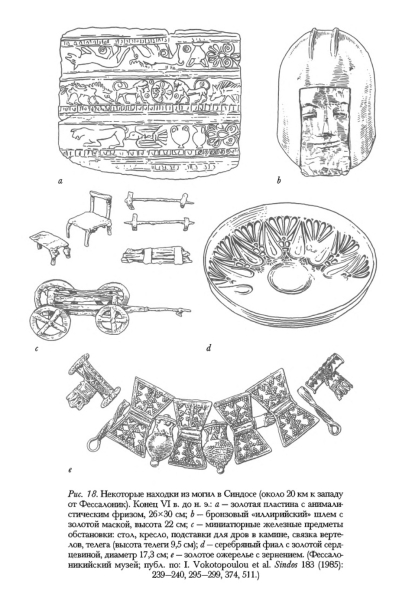The Cambridge Ancient History. Volume IV. Persia, Greece, and the Western Mediterranean. c. 525–479 BC.
49.99 €
The only thing available 1
The period covered by this volume was a time of events and historical change that were of immense importance to the Mediterranean world. The first part of the book deals with the early history of the Musselmen and Persians, the rise and strengthening of the Persian power, the principal regions which formed part of it, and the history of its expansion during the reigns of Cyrus, Darius, and Xerxes, up to the time when this great empire reached the limits of its growth. The second part focuses on the history of Hellas, where, during the period under review, Sparta emerged as the leader of a military and political coalition of Greek city-states, and Athens went from enlightened tyranny to a moderate democracy with its entrepreneurial activity and political foresight. A clash between the Persian Empire, which had almost reached the natural limits of its expansion, and an alliance of freedom-loving and rising Greek polities was inevitable. The most important chapters of the present book outline the causes and course of the revolt of the Ionian Greeks against Persian domination, as well as the history of the two Persian invasions of Hellas, including the three epic battles of Marathon, Thermopylae, and Salamis. The third part of the volume turns to the Western Mediterranean, with a narrative that goes beyond the chronological framework indicated in the title of the book. Italy gradually becomes a very important factor in the history of this region, so the Italian peoples and their languages from the Late Bronze Age to the Iron Age, as well as the Etruscans and their culture, are discussed here. The final chapter is devoted to Sicily: the local tribes that have inhabited the island since antiquity, the social, economic and cultural development of the main Greek colonies, the emergence and strengthening of tyrannical regimes, and the first clash between the Greeks and the Punians, culminating in the Battle of Himera, in which the Greek city-states, led by Gelon of Syracuse and Theron of Akraganta, managed to repel a Carthaginian attack.
See also:
- All books by the publisher
- All books in the series Cambridge History of the Ancient World



















